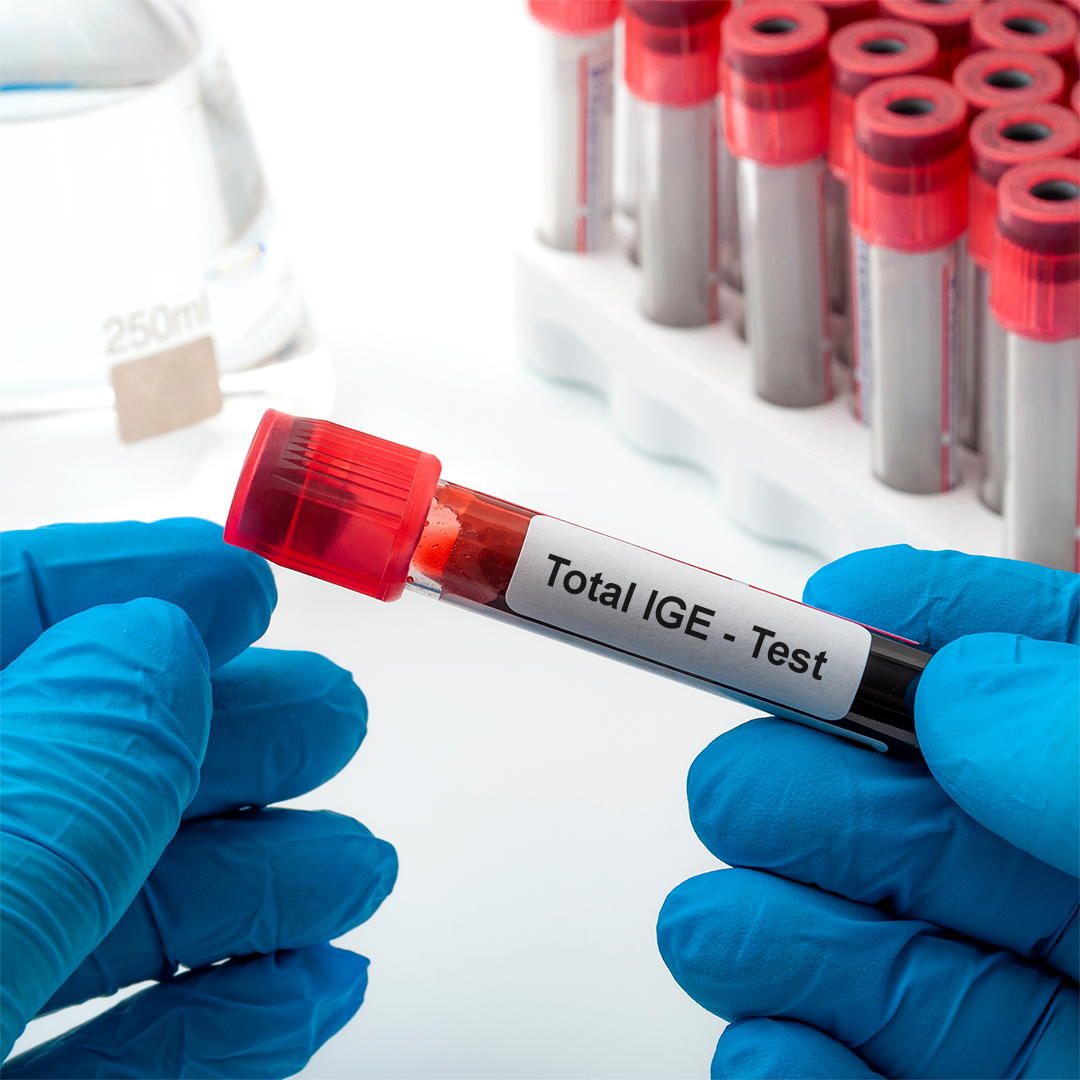-
Новости
- ИССЛЕДОВАТЬ
-
Страницы
-
Группы
-
Мероприятия
-
Reels
-
Статьи пользователей
-
Offers
-
Jobs
-
Форумы
-
Кинозал
IgE Test: Purpose, Procedure, Results & Cost

An IgE Test (Immunoglobulin E test) is a common blood test that helps detect allergic reactions in the body. IgE is an antibody produced by the immune system in response to allergens such as pollen, dust, certain foods, or insect stings. Measuring IgE levels helps doctors diagnose allergies, asthma, and certain immune system conditions.
What is the IgE Test?
The IgE test measures the amount of immunoglobulin E antibodies in your blood. Normally, IgE levels are low, but if you have an allergy, your immune system produces more IgE as a defense against harmless substances. This triggers symptoms like sneezing, itching, watery eyes, or even severe allergic reactions.
There are two main types of IgE tests:
-
Total IgE Test – Measures the overall IgE antibody levels in the blood.
-
Specific IgE Test – Detects IgE antibodies for particular allergens such as dust mites, peanuts, milk, or animal dander.
When is the IgE Test Recommended?
Doctors may recommend an IgE test if you show signs of:
-
Frequent sneezing or nasal congestion
-
Skin rashes or hives
-
Itchy or watery eyes
-
Shortness of breath or wheezing
-
Suspected food allergies
-
Chronic asthma or eczema
-
Severe allergic reactions (anaphylaxis)
Procedure for IgE Test
The IgE test is a simple blood test:
-
A healthcare professional cleans the skin on your arm.
-
A small needle is inserted into a vein to collect a blood sample.
-
The sample is sent to a lab for analysis.
-
Results are usually available within 1–2 days.
There is no special preparation required for the IgE test. You can eat and drink normally unless your doctor advises otherwise.
Understanding IgE Test Results
-
Normal IgE Levels: Vary based on age and lab standards, but generally remain low.
-
High IgE Levels: May indicate an allergy, asthma, parasitic infection, or certain immune disorders.
-
Low IgE Levels: Usually not a cause for concern, but in rare cases, may suggest an immune deficiency.
A high IgE level doesn’t always mean you have an allergy — further tests may be needed to confirm the exact cause.
Benefits of IgE Testing
-
Identifies possible allergy triggers.
-
Helps manage and prevent allergic reactions.
-
Aids in creating a personalized allergy management plan.
-
Assists in differentiating allergies from other health conditions.
IgE Test Price in India
The cost of the IgE test in India usually ranges between ₹400 to ₹1,200, depending on:
-
The city or location of the lab.
-
Whether it’s a total IgE or specific IgE test.
-
Additional consultation or package inclusions.
Many labs also offer home sample collection for convenience.
Precautions & Risks
The IgE test is generally safe. Minor side effects from the blood draw may include:
-
Slight pain or bruising at the puncture site.
-
Lightheadedness in rare cases.
These symptoms typically go away quickly without treatment.
Conclusion
The IgE Test is an essential diagnostic tool for identifying allergies and guiding treatment. If you experience frequent allergic symptoms, consulting your doctor for this test can help pinpoint the cause and prevent future reactions. Early detection means better control over allergy-related health issues.
- AI
- Vitamins
- Health
- Admin/office jobs
- News
- Art
- Causes
- Crafts
- Dance
- Drinks
- Film
- Fitness
- Food
- Игры
- Gardening
- Health
- Главная
- Literature
- Music
- Networking
- Другое
- Party
- Religion
- Shopping
- Sports
- Theater
- Wellness


